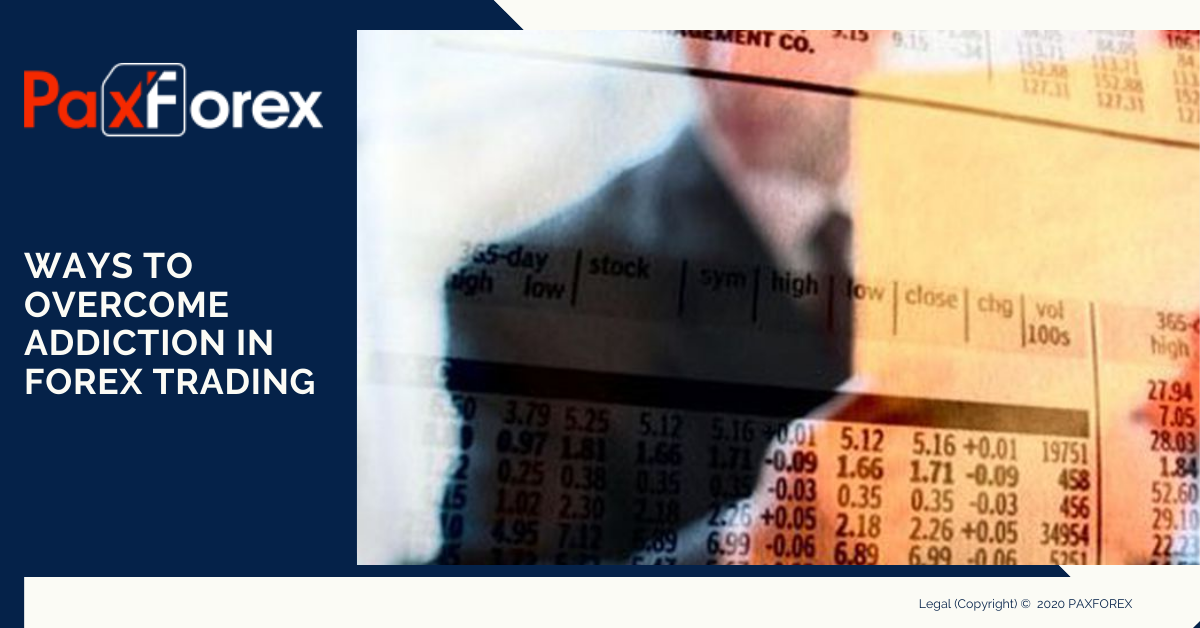
If you find yourself unable to control your trading and you find the emotional, financial, and social consequences mounting, that is not a passion for trading. It is an addiction. How does one deal with addictive trading? The first step is to identify it, but the second--and harder--step is to acknowledge that you need help for it. It is pride that tells us we can handle it on our own through will power, but addictions wouldn't occur in the first place if will power were sufficient to prevent consequences. Telling yourself you can manage your own addiction is itself a form of denial.
If you find yourself unable to sleep at night and rolling out of bed at 3 a.m. to check the trade you entered the day before, you just might be a trading addict. Many traders do this and it is mainly a result of either risking too much or over trading. A good rule of thumb for determining your risk tolerance is whether or not the amount you have risked keeps you awake at night. If you find that your thoughts are dominated by the current trade you are in and what is happening with it, it is likely time to reduce your risk or just stop trading for a while.
How does one deal with addictive trading? The first step is to identify it, but the second--and harder--step is to acknowledge that you need help for it. It is pride that tells us we can handle it on our own through will power, but addictions wouldn't occur in the first place if will power were sufficient to prevent consequences. Telling yourself you can manage your own addiction is itself a form of denial.
If you take a look back at some of the great scientists, philosophers, doctors, musicians and traders, they were all completely absorbed in what they did. But the thing is, they knew when to stop. If you simply like and enjoy trading, it doesn't mean you are addicted to it. But when you are still trading despite numerous other things you should be doing instead. The key is to know when to stop. Otherwise, you are going to end up in a cycle that is so familiar to addicts of every kind—overdo and regret.
As a preventative step it is useful to have a mentor, colleague, or friend who also trades, and is someone whom you can trust to be honest with you if they start to see worrying signs developing. They are likely to be the first to recognize the signs of a potential problem before it develops. Enlist family members and friends to help keep you grounded. They will be able to provide an ‘outsider’s’ perspective regarding your behavior. If you feel your self-control slipping, you need to stop trading until you feel you are more in control of the situation.







